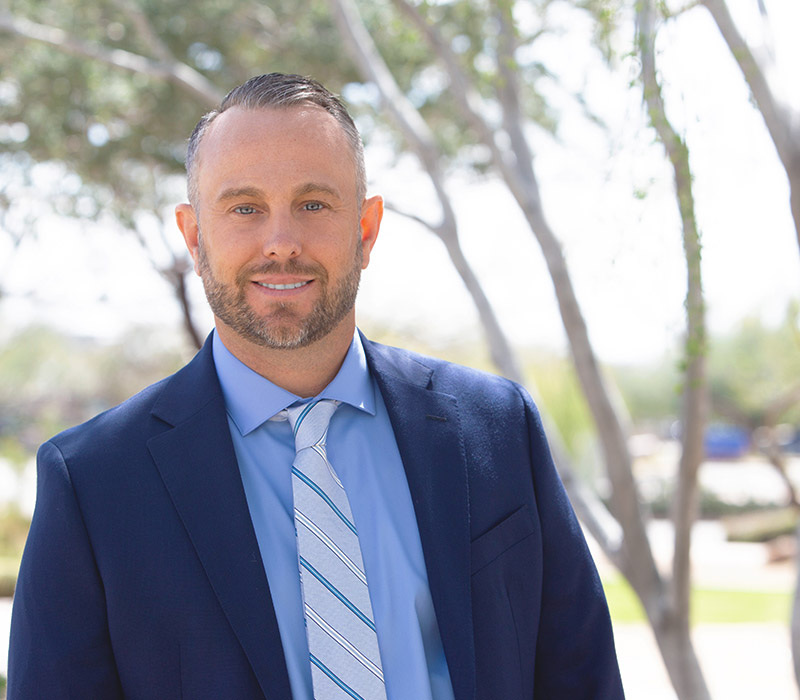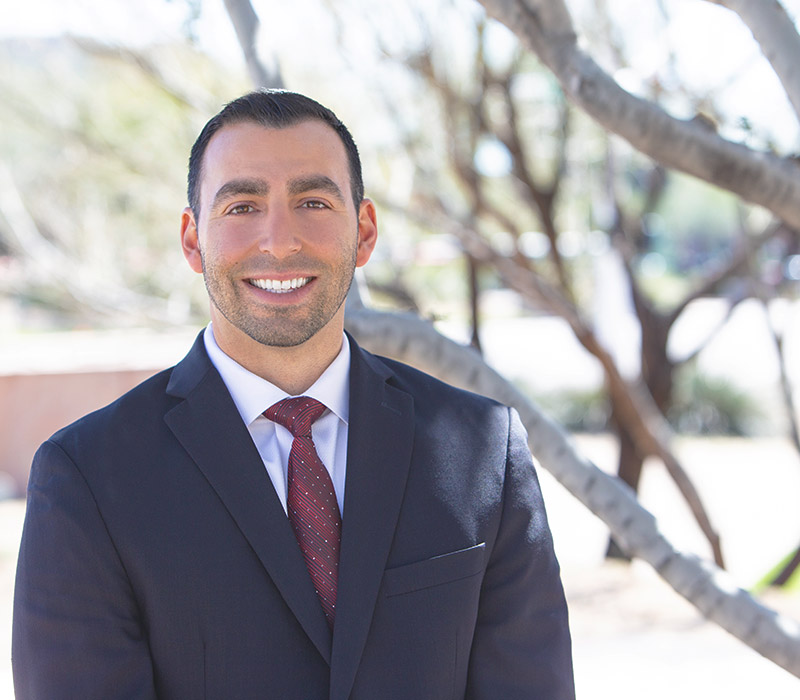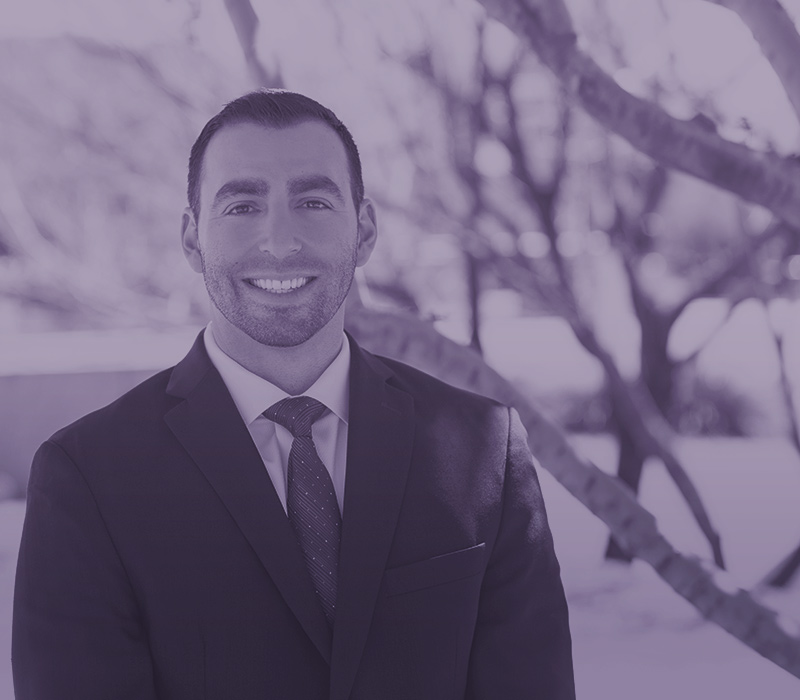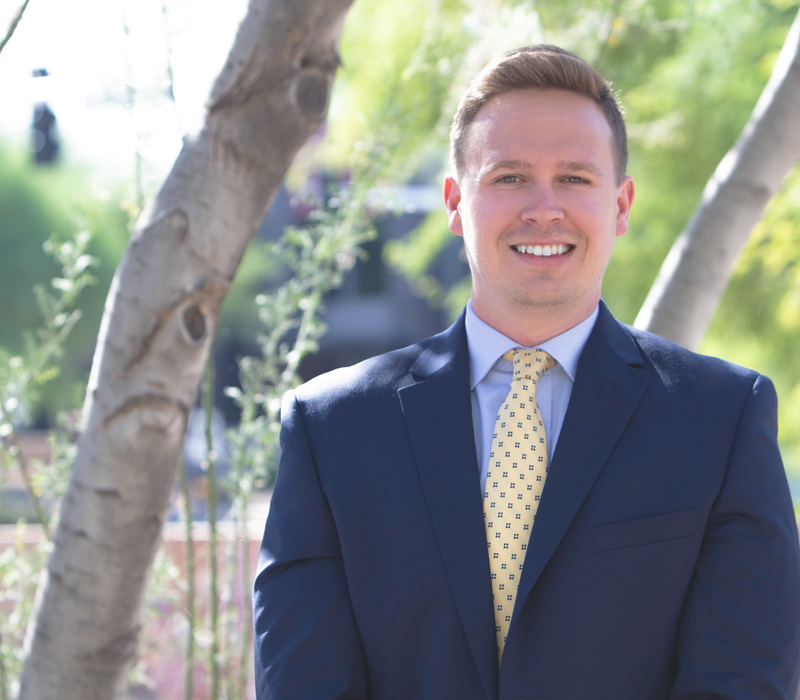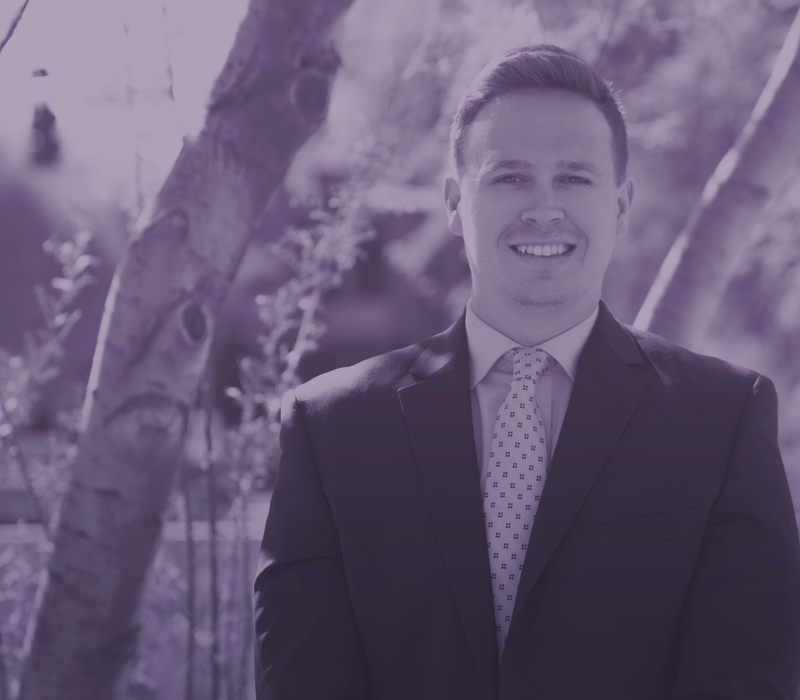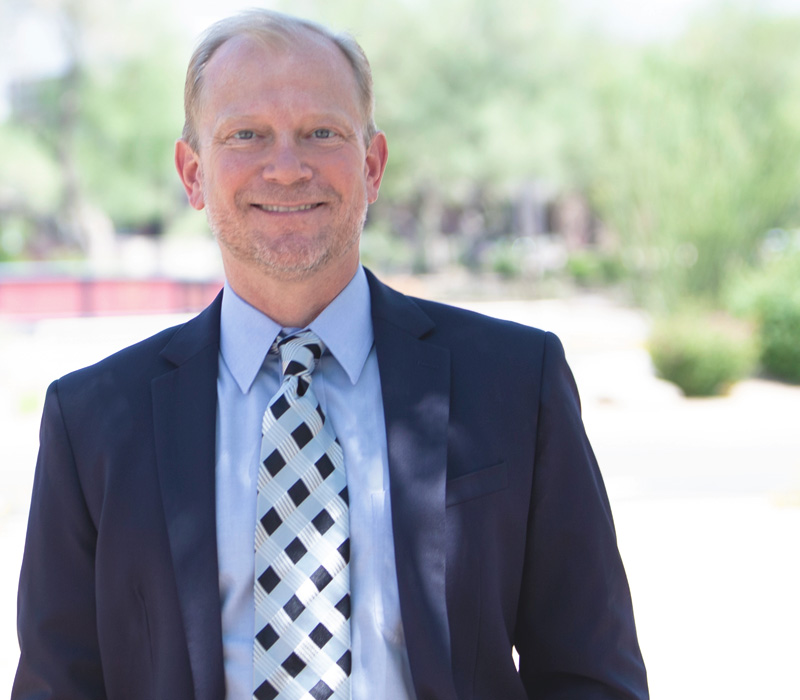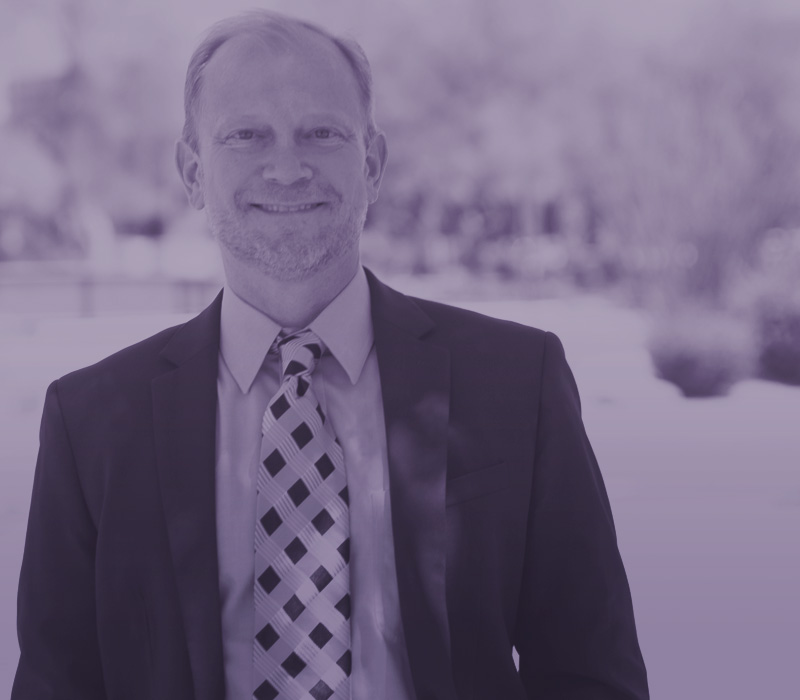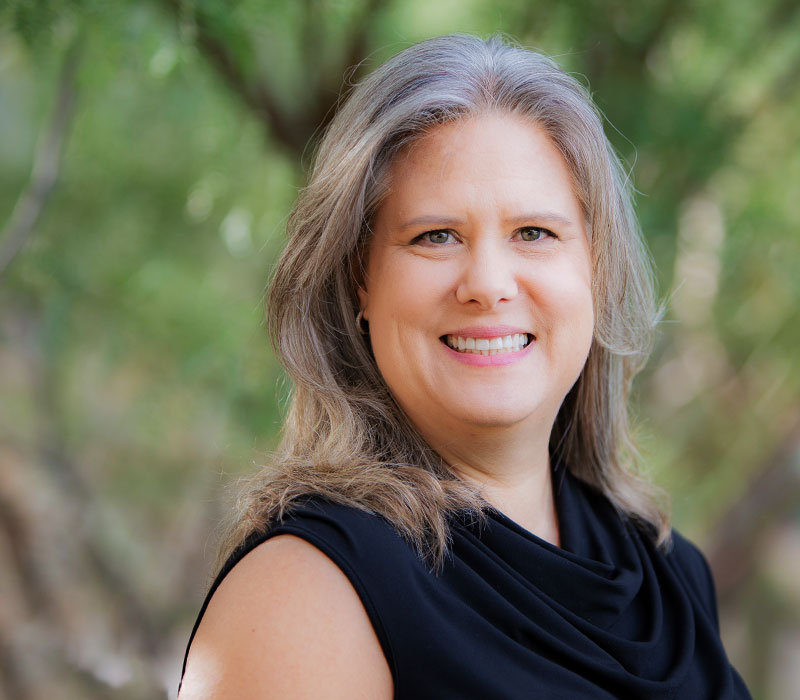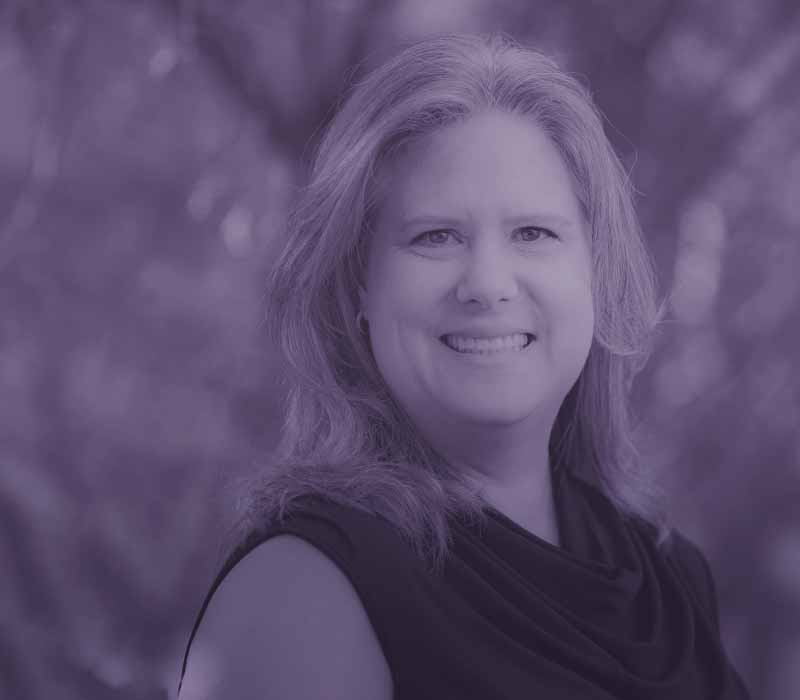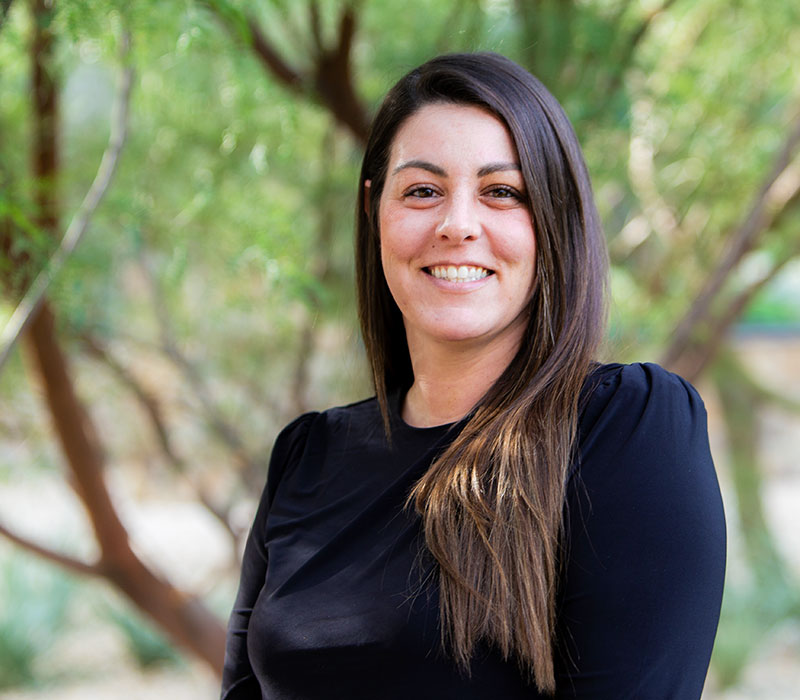It’s important to help your clients plan for a fulfilling lifestyle in addition to helping them optimize finances.
It’s true when they say everyone is unique. As a financial advisor, you probably know this better than anyone. You may have heard thousands of stories and countless dreams from the clients you’ve met with over the course of your career, and it falls on you to develop strategies to help them reach your clients’ financial goals. No problem, right? After all, dealing with finances and math is what you’re good at.
However, when you’re dealing with people getting close to retirement, it’s important to really drill down on what your clients want to do with their time once they retire. A recent study just found that 33% of retirees are not happier in retirement than they were during their careers! It seems confusing. How could one in every three retirees be less happy in retirement when they don’t have to go to work anymore, and they get to spend all their time doing what they want to do instead of what they have to do?
The study breaks down some of the factors that contribute to happiness. First and foremost, it is true that finances figure prominently. For instance, 61% of retirees who are happy in retirement said they worked hard to pay off their debt prior to retiring while, only 48% of those who are unhappy in retirement said they worked to pay off debt before they retired. That means unhappy retirees might have carried debt into retirement which could be adding to stress levels.
Another key indicator of happiness was the prioritization of health, as nearly half of all happy retirees focused on exercising and eating well. Just 32% of unhappy retirees prioritized their health, which could have led to other related stressors detracting from their happiness. For example, health care risk is the potential of retirees incurring major health-related expenses in retirement, possibly draining their savings and leaving them with nothing. Not focusing on health could also lead to the need for long-term care, which can be even more detrimental to a retiree’s savings and goals.
But that isn’t all. Retirees also want to find social fulfillment. The study indicates that the happiest retirees’ pastimes include simply enjoying themselves, relaxing, having more free time, and being around family and friends. Nearly 60% also say they spend a meaningful portion of their time traveling, and 76% of pre-retirees expect to spend their retirement visiting new destinations. Additionally, it’s crucial to note that traveling appears to have a link with happiness, with 62% of content retirees saying they take many trips versus just 44% of their less happy counterparts.
Romance also looks to be a focus, as 33% of unhappy retirees say there are fewer opportunities to find partners or dates than they expected, while only 19% of the happier retirees are finding it difficult to date in retirement, which could mean a few things. Happy retirees may have already found love and are now using their time to develop that relationship with their partner. They may also be putting themselves in a better position to find love, attending social events or pursuing a lifestyle that keeps them healthy enough to date and meet new people.
So, what’s the advisor’s role in helping make sure their clients retire happily? It seems pretty clear that happier retirees are doing more of everything. They’ve cleared more debt, they spend more time with their families, they travel more, they relax more, they socialize more, they focus more on their hobbies, and they go on more dates. And yes, a big part of what gives them the freedom to use their time the way they want is money, without a doubt.
But the financial advisor is in a unique position to help pre-retirees think through the lifestyle choices that can mean the difference between happiness or unhappiness for them as an individual. That means diving deep into their goals to support their happiness, then finding financial tools that can provide for those needs. If they believe traveling would make them happy, you should be asking about their ideal destinations and finding ways to create income that can bring those dreams to life. If they want to help their grandchildren pay for college, you should be explaining the different methods of saving and investing for education. If they have a unique hobby that requires significant financial resources, you should be working with them to estimate the cost of that hobby then build the savings that can provide the necessary assets.
Granted, we know you aren’t magicians, and you can’t simply make assets appear out of thin air. That sometimes means you may have to have difficult conversations with your clients, especially if they aren’t on track to achieve their unique goals. That, however, just comes with the territory, and it’s the cost of doing business when your goal is to help your clients bring their retirement dreams to life. It’s also the only way to fight this epidemic of unhappy retirees. When they’ve been promised that their savings will eventually pay out in an empty schedule with ample funds to use exactly how they want, it becomes the advisor’s job to find out what they want and plan accordingly.
At Quantum, we offer strategies designed to fit the goals and needs of your clients. From accumulation to principal protection to risk mitigation, we provide access to cutting-edge, award-winning solutions that can help position both you and your clients for success. If you’re ready to explore those options, give us a call today at 800.440.1088.
Source:
https://www.massmutual.com/global/media/shared/doc/2024_massmutual_retirement_happiness_study.pdf
A 15-year industry veteran, Marc supports several of the nation’s leading wealth advisors and RIAs. He is a top 10 consultant nationwide and has been a top marketer since 2006, providing advisors with verified, time-tested strategies that are derived from his longevity in the business.


